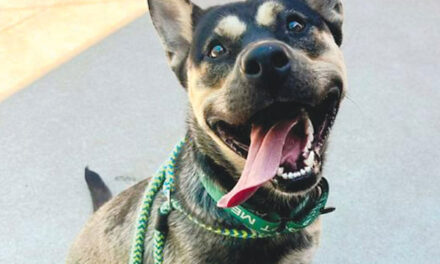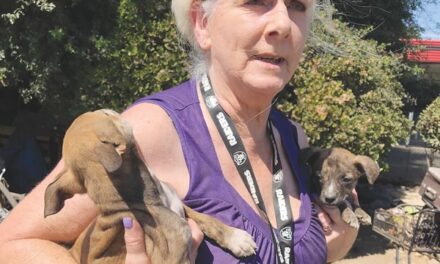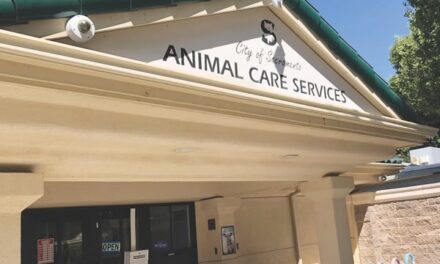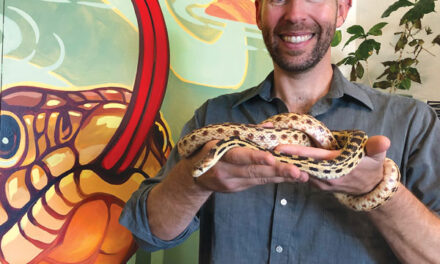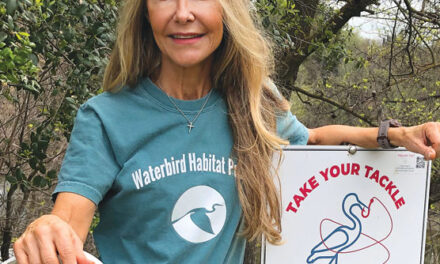The city’s Front Street Animal Shelter has a problem. Unwanted pets keep coming.
In three years, stray dogs and cats entering Front Street increased by 2,148—from 6,309 in 2022 to 8,457 in 2024.
More animals mean more killing. In 2022, Front Street euthanized 747. In 2024, the shelter killed 1,462—nearly double.
To address the statewide animal overpopulation crisis, Gov. Gavin Newsom included $50 million in the 2020-21 state budget to help California animal shelters stop killing adoptable dogs and cats.
Four years later the killing continues.
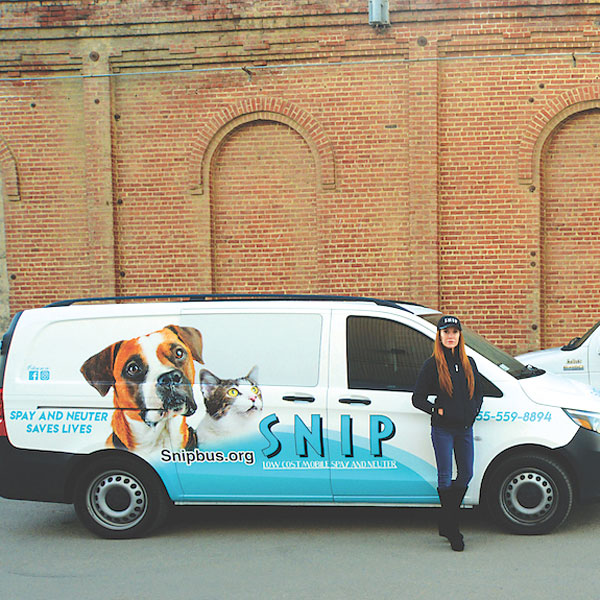
Why? UC Davis Koret Shelter Medicine Program was charged with dispensing the $50 million. Much of the money was spent promoting concepts like “community sheltering,” “finder fostering” and “managed intake.”
Koret wanted to stop the killing by diverting dogs and cats away from shelters through reduced intake and surrender-prevention programs—instead of prioritizing spaying/neutering.
Front Street’s animal care services manager, Phillip Zimmerman, embraced Koret’s models. The shelter’s “managed intake” policy turns away healthy, friendly cats and kittens on the premise they are not lost—regardless of whether they are spayed and neutered.
For stray canines, the shelter website instructs the public “to hold onto the dog for at least a few days and look for the owner.”
Without an emphasis on spaying/neutering, Sacramento’s animal population exploded.
With more animals coming in than Front Street can safely house, the shelter pushed them out under “foster to adopt.” Because state law requires shelter animals to be spayed/neutered before adoption, Front Street released hundreds of unaltered pets to the public as “fosters.”
With a backlog of spay/neuter appointments, these unaltered dogs and cats have waited months for surgery.
To alleviate the backlog, Front Street halted adoptions—even under “foster to adopt”—for unaltered pets. Instead, the animals were transferred to other shelters and rescue organizations, or euthanized.
“The majority of animals transferred in January were sent to out-of-state shelters,” says local animal advocate Julie Virga with Fix Our Shelters, a nonprofit watchdog group. “This strategy relieves Front Street of its tax-payer-funded duties and puts the onus of that burden on other communities.”
Fed up with Front Street’s failings, Fix Our Shelters took action.
“With long wait times for local spay/neuter services, we were determined to find a solution,” Virga says. “We immediately began making calls,” which led to SNIP (Spay Neuter Imperative Project), a nonprofit low-cost mobile spay/neuter clinic.
SNIP, established in 2016, has spayed/neutered more than 90,000 animals throughout California, including partnerships with numerous public agencies.
SNIP founder Melanie Scherer and Virga toured Front Street with Zimmerman. They agreed on a clinic date and location for the SNIP surgical bus. The goal was “to encourage adoptions over Valentine’s weekend with pets ready to go home immediately after being spayed or neutered,” Virga says.
SNIP and Fix Our Shelters met with city leaders to discuss a long-term partnership. Mayor Kevin McCarty and Councilmembers Roger Dickinson and Phil Pluckebaum, whose district includes Front Street, were on board, Virga reports.
Fix Our Shelters sponsored the clinic—$15,000 paid to SNIP—at no cost to the city. “We thought there was no way director Zimmerman could sabotage free spay/neuter services,” Virga says. “We were wrong.”
Three days later, Zimmerman, with the support of Assistant City Manager Michael Jasso, told Virga and Scherer the clinic was off, citing SNIP’s delinquent status with the California Attorney General’s Office, lack of workers’ compensation insurance and liability risks.
“The City of Sacramento absolutely contracts with nonprofits ‘not in good standing’ with the Attorney General’s Office,” Virga says. Fix Our Shelters pulled records and found the city contracted with 16 delinquent nonprofits in 2024 and 2025. Unlike SNIP, these nonprofits received millions in city funding.
Scherer reports SNIP is undergoing an audit due to donations exceeding $2 million. “I am 75% through my audit,” she says. “But what does that have to do with 20-plus contracts I already have in the state?”
SNIP contracts with shelters in Kern, Monterey and Fresno counties, among others. SNIP is licensed to provide services by the California Veterinary Board and California Department of Drug Enforcement. SNIP provided the city with a certificate of insurance and veterinary premise permit.
“I take everything with SNIP beyond serious,” Scherer says. “It’s veterinary medicine. It’s the license I’m responsible for—for my vets and my (vet technicians). And to keep these pets safe.”
To address the hundreds of unaltered pets in “foster to adopt,” Front Street now contracts with another nonprofit mobile spay/neuter clinic, Animal Balance, whose contract has no requirement for workers’ compensation insurance.
“Workers’ comp?” Scherer says. “That was just an excuse.”
With Fix Our Shelter’s support, SNIP came back to Sacramento for a mobile clinic in March and another planned for April to spay/neuter dozens of animals—without Front Street.
Cathryn Rakich can be reached at crakich@surewest.net. Follow us on Facebook and Instagram: @insidesacramento.




